And the fourth is the newest: to entrust the verification of the validity of a marriage directly to the bishop or one of his delegates, in a nonjudicial forum. With the archbishop of Milan, there are now ten cardinals who have taken the field against the ideas of Cardinal Kasper.
With the synod approaching, the clash between supporters of change and defenders of the bimillennial doctrine and practice of the Catholic Church in the matter of marriage is becoming ever more heated.
The clash is being fought also and above all at the highest levels of the hierarchy, among cardinals of the first rank, in particular over the dilemma of whether or not to give sacramental Communion to divorced Catholics who have remarried civilly.
The innovators have their combative leader in the German cardinal and theologian Walter Kasper. No other cardinal has yet taken sides with him publicly in a substantiated form. The only one who has promised to support him has been Cardinal Reinhard Marx, archbishop of Munich, who announced that he will bring a document to the synod signed by the German bishops in favor of the change.
But it is no mystery that Pope Francis is on Kasper’s side, although he has never publicly and clearly stated what his thinking is, but has implied this with the simple gesture of entrusting to Kasper the introductory presentation at the consistory last February, a dry run for the upcoming synod, and of “agreeing” with him — as Kasper himself revealed — on the proposals for change contained in the presentation.
On the contrary, the cardinals who have spoken out against Kasper’s ideas and in defense of the traditional doctrine and practice are numerous and prominent.
Five of these did so early on and repeatedly, most recently all together in a book that is about to be published in the United States and Italy. They are Cardinals Gerhard L. Müller, Prefect of the Congregation for the Doctrine of the Faith, Walter Brandmüller, Raymond L. Burke, Velasio De Paolis, and Carlo Caffarra.
Another five cardinals have spoken out in public and in a thoroughly developed form: the Spaniard Fernando Sebastián Aguilar; Toronto Archbishop Thomas Collins; the Australian George Pell, Prefect of the newly-created Secretariat for the Economy in the Curia; the other Canadian, Marc Ouellet, Prefect of the Congregation for Bishops; and Milan Archbishop Angelo Scola.
Pell made his remarks in the preface to a book that is also about to come out in the United States and Italy.
Ouellet and Scola have weighed in with two extensive articles in the latest issue of the North American edition of Communio, the international theological journal founded in the early 1970s by Hans Urs von Balthasar, Henri de Lubac, and Joseph Ratzinger.
Of these 10 cardinals, six will take part in the upcoming synod, specifically Cardinals Müller, Burke, Caffarra, Pell, Ouellet, Scola.
But there will also be other cardinals at the synod who are solidly established as defenders of tradition, like Péter Erdö, who will present the general relation, Timothy M. Dolan, Willem Jacobus Eijk, Christoph Schönborn, Angelo Amato, Mauro Piacenza, Elio Sgreccia, and Angelo Bagnasco.
What follows is a selection from the article that Cardinal Scola published in Communio, and republished in the last issue of the Bologna-based magazine Il Regno.
Of particular interest, in the selection, are the solutions proposed for the problem of Communion for the divorced and remarried.
They are four proposals made in full continuity with the traditional doctrine and practice on marriage, but not devoid of innovative elements. They are:
— spiritual communion, or “of desire”;
— recourse to the sacrament of reconciliation even without absolution;
— sexual continence while remaining in the civil union;
— the verification of the validity or invalidity of a marriage not only by the diocesan tribunals or the Rota, but also with a more streamlined nonjudicial canonical procedure under the supervision of the local bishop.
This last new procedure is proposed by Cardinal Scola in detailed form. It can be expected to find an attentive audience at the synod.
With the same intention of “simplifying the procedure, making it more streamlined,” Pope Francis instituted a special commission on August 27 for the reform of canonical matrimonial processes, with the warning of “safeguarding the principle of the indissolubility of marriage.


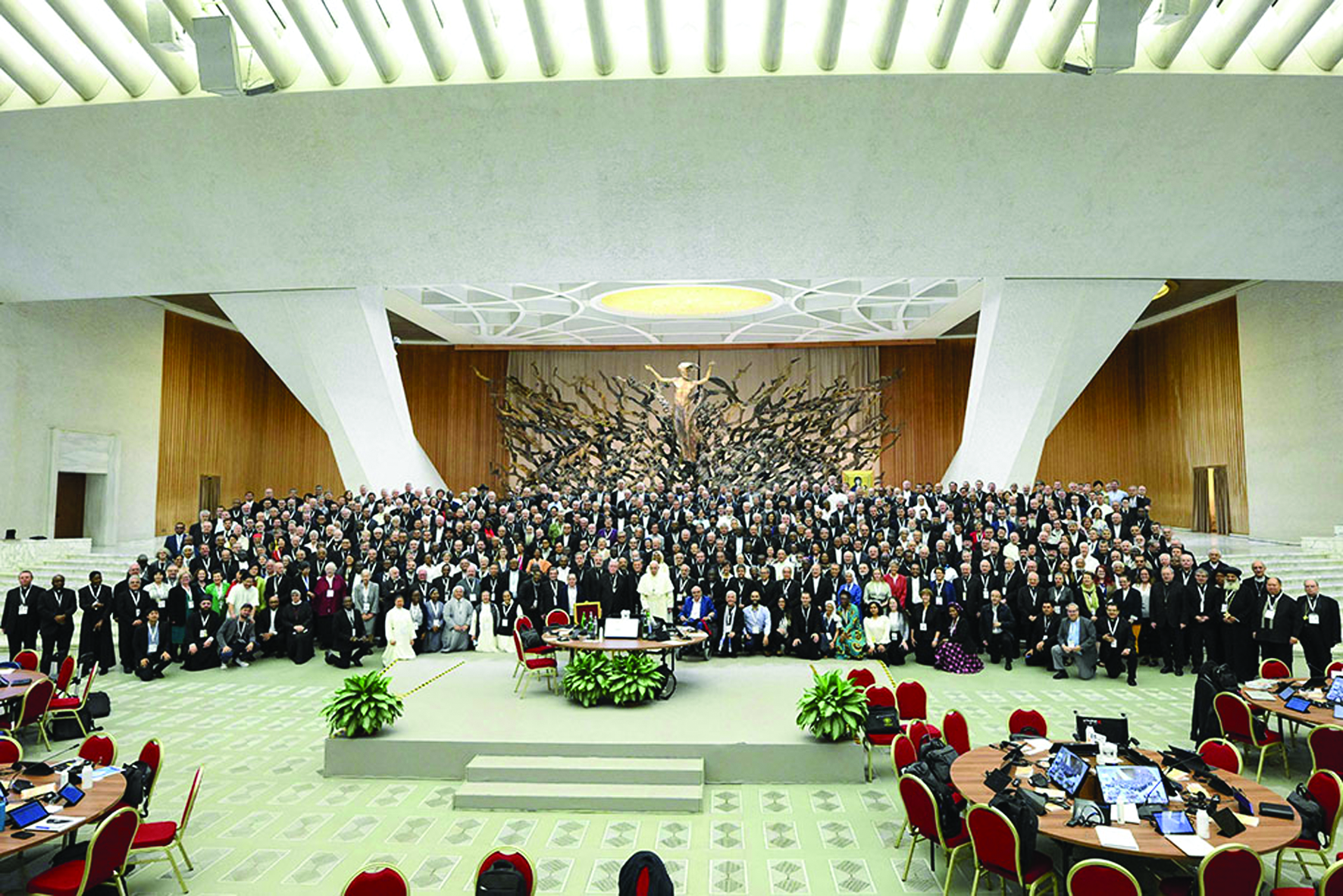
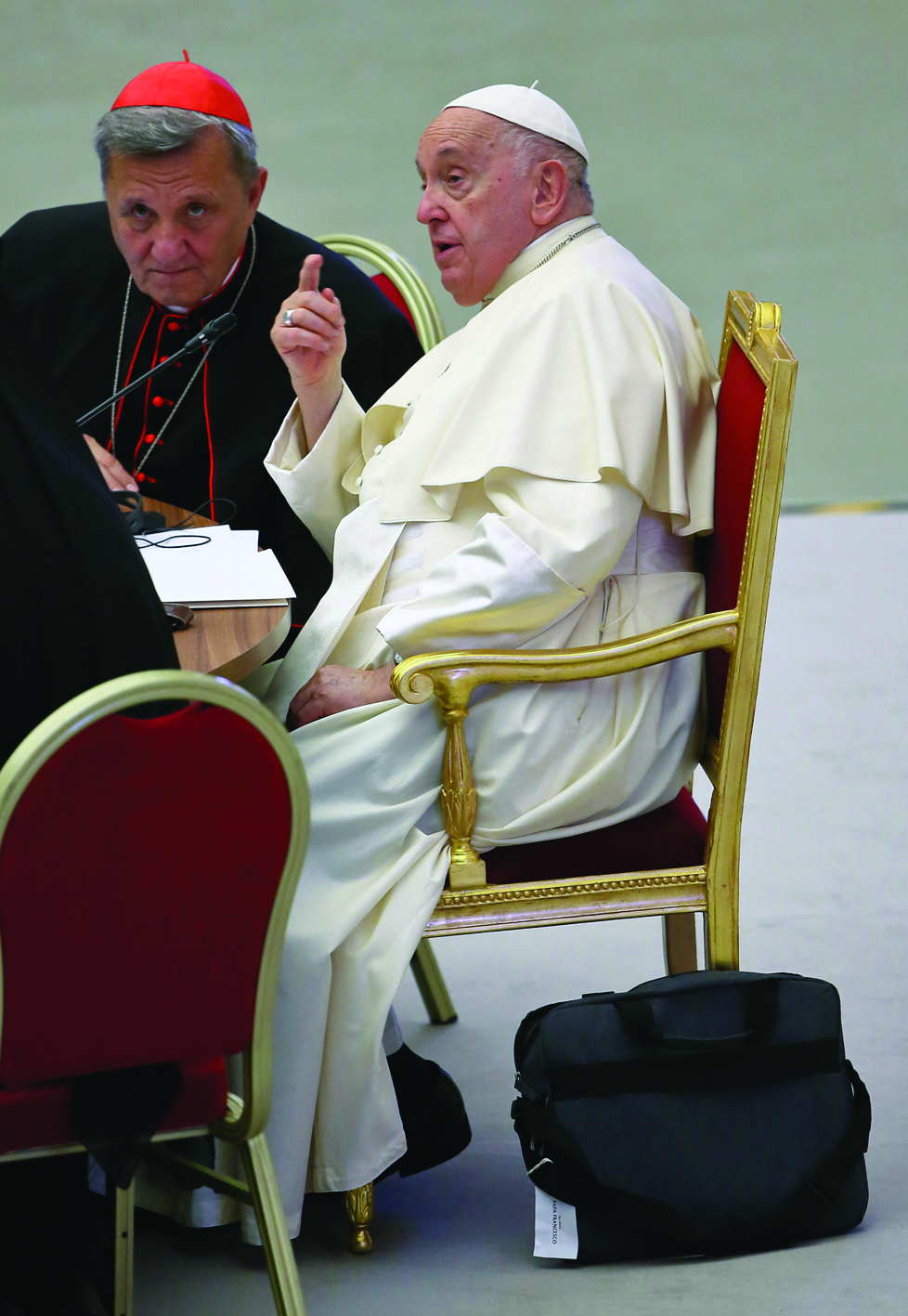
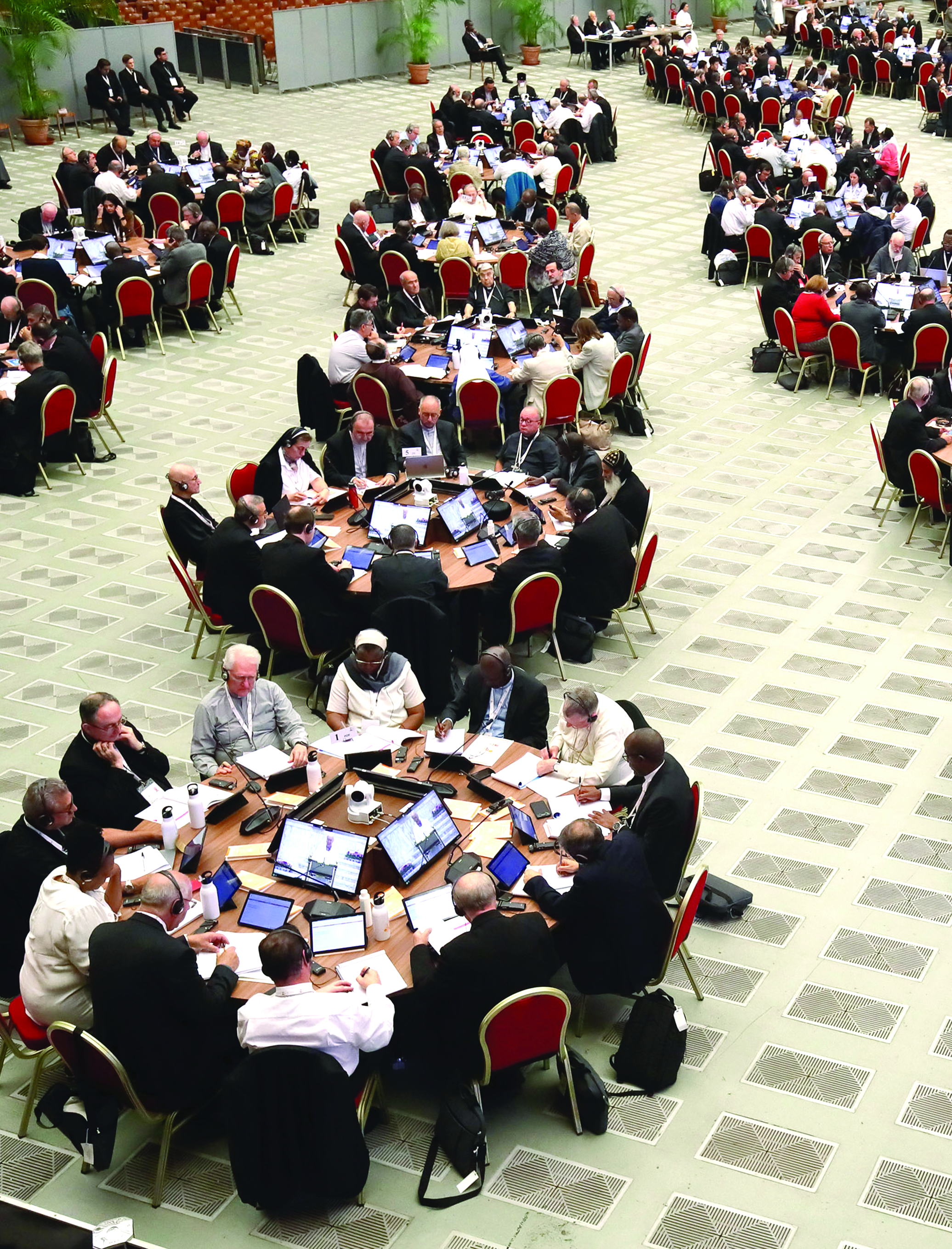
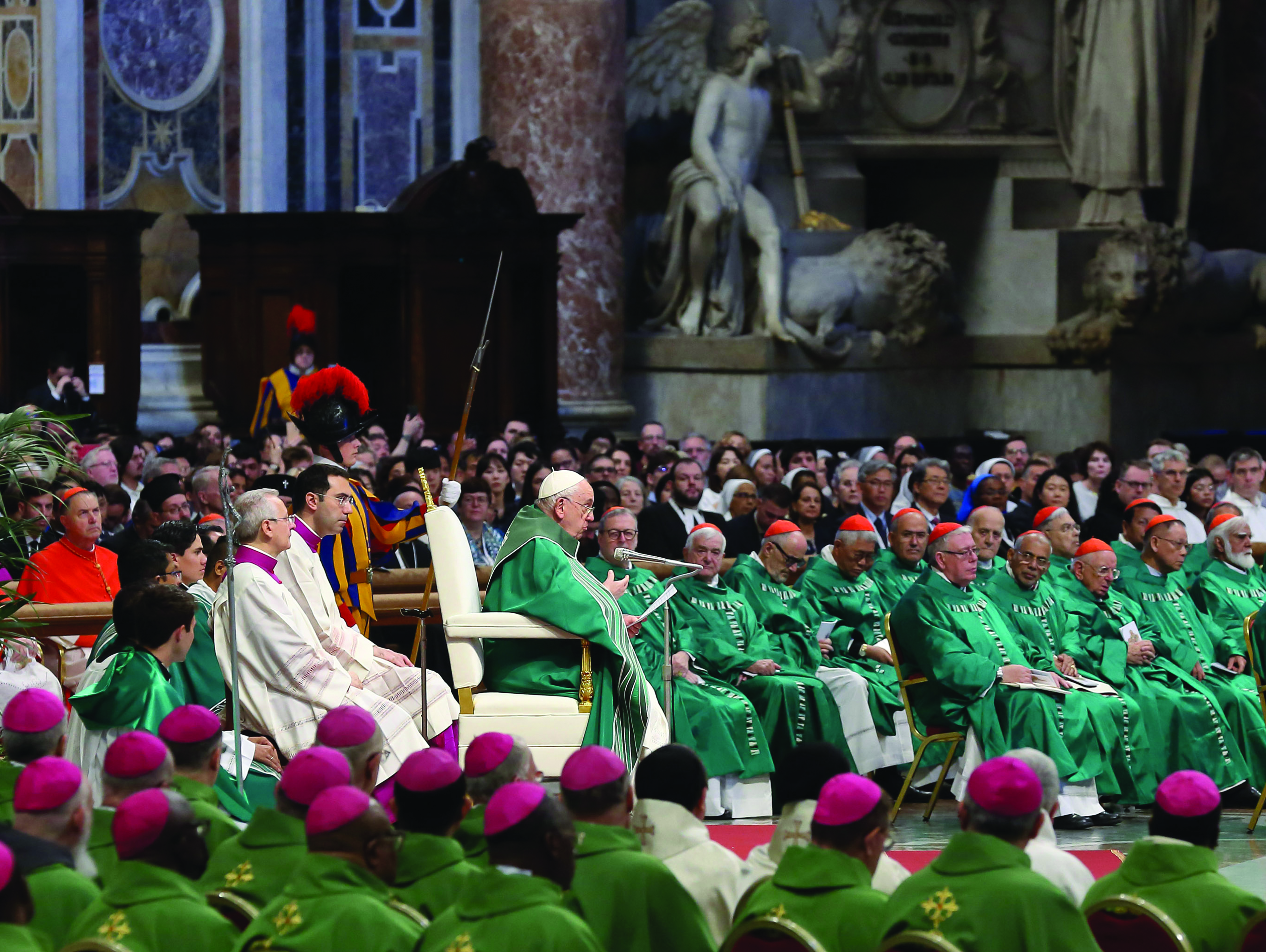
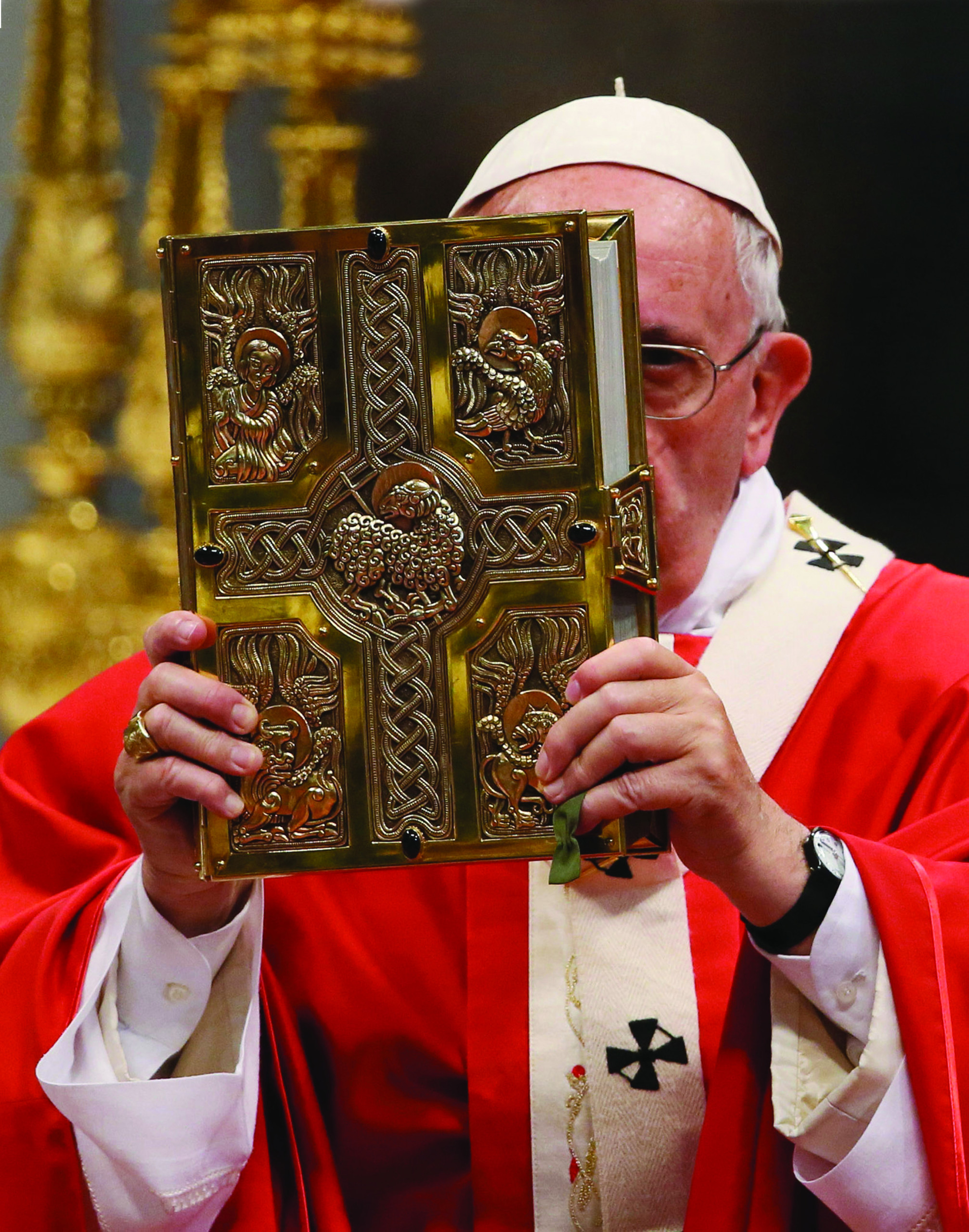
Facebook Comments